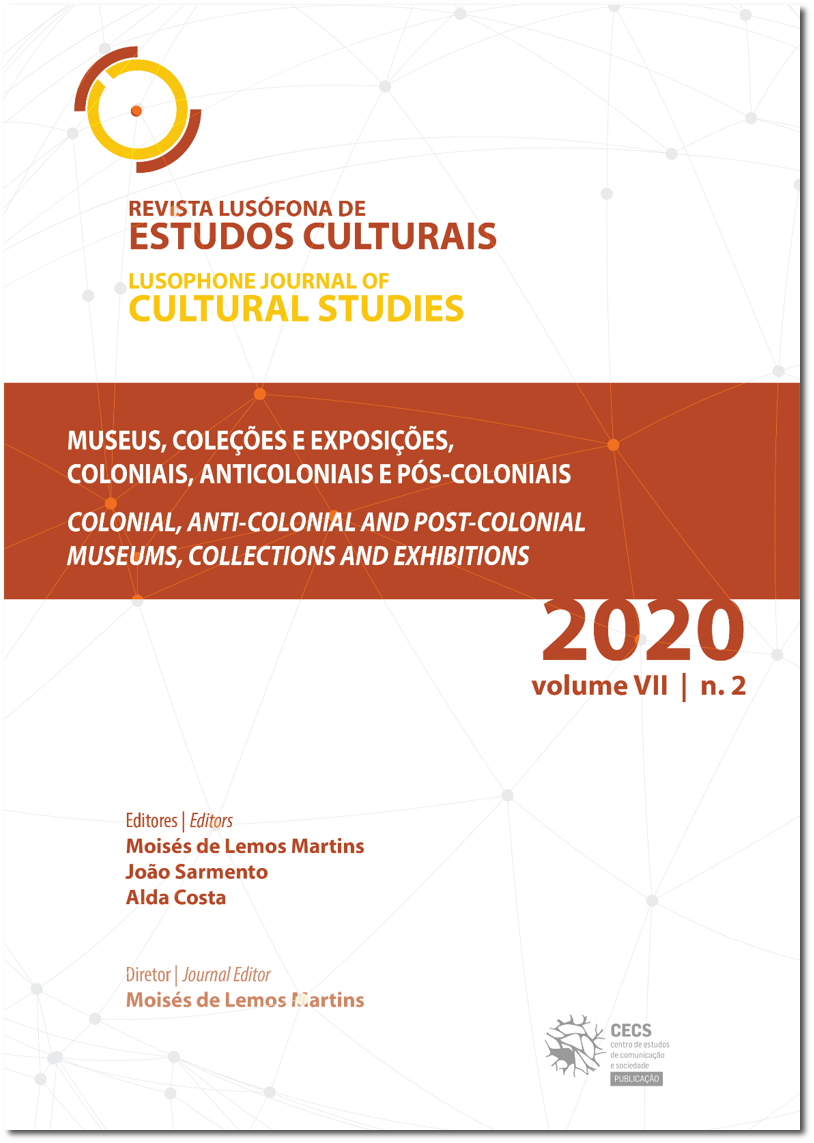Exotization in the colonial and post-colonial period: the case of Portugal dos Pequenitos
DOI:
https://doi.org/10.21814/rlec.2623Keywords:
exotization, Portugal dos Pequeninos, colonial empireAbstract
This article addresses the theme of Portuguese colonial representations in tourist spaces and mainly focuses on how the colonized are represented by the colonizer. For five centuries, Portugal maintained an extensive empire, which was the subject of representations of exoticism and of people in a state of civilizational inferiority. Such a superior and hegemonic point of view remains represented in the theme park Portugal dos Pequenitos, visited by thousands of tourists, children, and adults, from all over the world, feeding the tourist industry, while naturalizing colonial power relations. Therefore, in the present study, we examine the representations of Portugal, through a museological-tourist analysis of the discourse of the Portuguese World Exhibition of 1940, replicated in the theme park Portugal dos Pequenitos, in Coimbra. We conclude that it is a tourist discourse impregnated by the exoticizing look of the colonizer at the former colonies, which still corresponds to a lusotropicalist representation of an imperial Portugal.
Downloads
References
Audrerie, D. (1997). La notion et la protection du patrimoine (1.ª ed.). Presses Universitaires de France.
Baptista, M. M. (2017). O ‘génio colonial português’. O papel dos media na criação de um Mundo Português. Coimbra: Grácio Editor.
Caldeira, S. C. P. (2015). Relações de poder e identidade(s) de género: a sociedade “matriacal” de Ílhavo na década de 1950. Tese de Doutoramento, Universidade de Aveiro, Aveiro, Portugal. Retirado de https://repositorio.ipbeja.pt/bitstream/20.500.12207/4604/1/Sandra Caldeira.pdf
Castelo, C. (1999). O modo português de estar no mundo. O luso-tropicalismo e a ideologia portuguesa (1933-1961). Porto: Edições Afrontamento.
Costa, D. S. (2014). Belém – o mundo lusófono a dois passos: proposto de roteiro turístico-cultural em Belém (Lisboa). In M. M. Baptista & S. V. Maia (Eds.), Colonialismos, pós-colonialismos e lusofonias – Atas Do IV Congresso Internacional Em Estudos Culturais (pp. 570-578). Coimbra: Grácio Editora.
Dores, H. G. (2015). A missão da República. Politica, religião e o império colonial português (1910-1926). Lisboa: Edições 70.
Gramsci, A. (2007). Cadernos do cárcere – Vol. 4. Temas de cultura, ação católica. Americanismo e fordismo (2.a ed.). Rio de Janeiro: Civilização Brasileira.
Martins, M. de L. (2016). O olho de Deus no discurso salazarista (2.a Ed.). Porto: Edições Afrontamento. Retirado de http://repositorium.sdum.uminho.pt/handle/1822/49972
Matos, P. F. de. (2006). As “côres” do império: representações raciais no “império colonial português” (3.ª ed.). Lisboa: ICS. Retirado de http://hdl.handle.net/10451/22688
Paulo, H. H. de J. (1990). “Portugal dos Pequenitos”: uma obra ideológico-social de um professor de Coimbra. Revista de História Das Ideias, 12, 395-413. https://doi.org/10.14195/2183-8925_12_14
Ribeiro, D. L., Alessandretti, M. R. A., Leandro, R.da S., Martins, L. T. & Moraes, F. R. (2017). A presença na ausência: a performance e a biografia dos objetos como ativadores de memória. Midas, 8, 1-16. https://doi.org/10.4000/midas.1286
Downloads
Published
How to Cite
Issue
Section
License
Copyright (c) 2020 Lusophone Journal of Cultural Studies

This work is licensed under a Creative Commons Attribution 4.0 International License.
Authors own the copyright, providing the journal with the right of first publication. The work is licensed under a Creative Commons - Atribuição 4.0 Internacional License.












